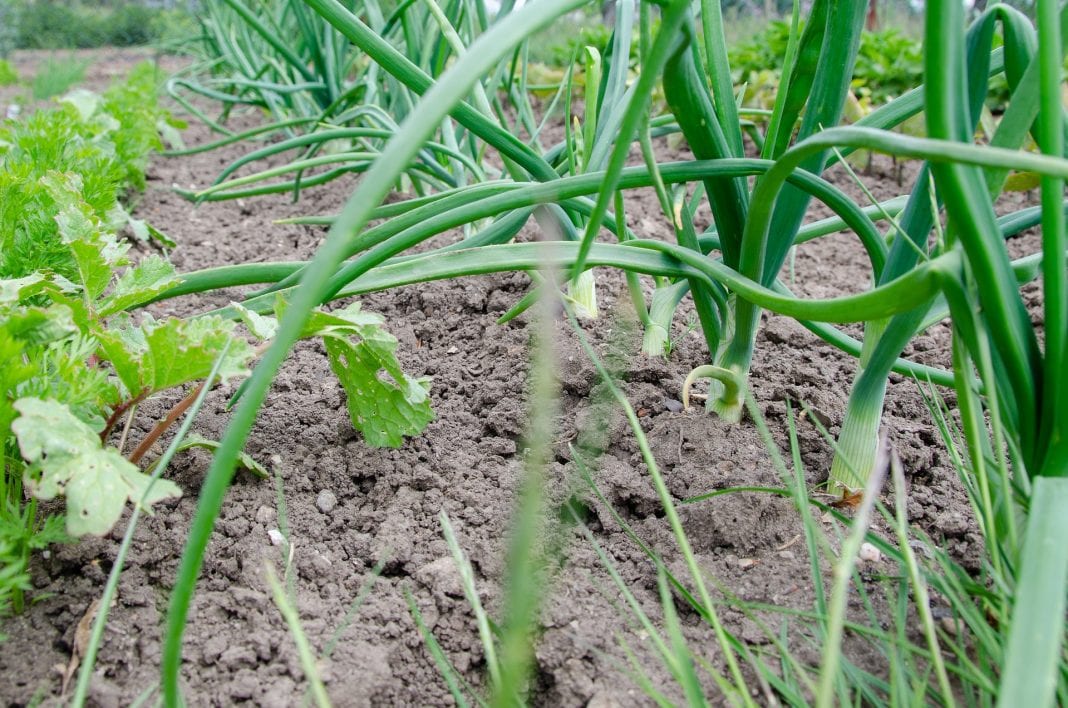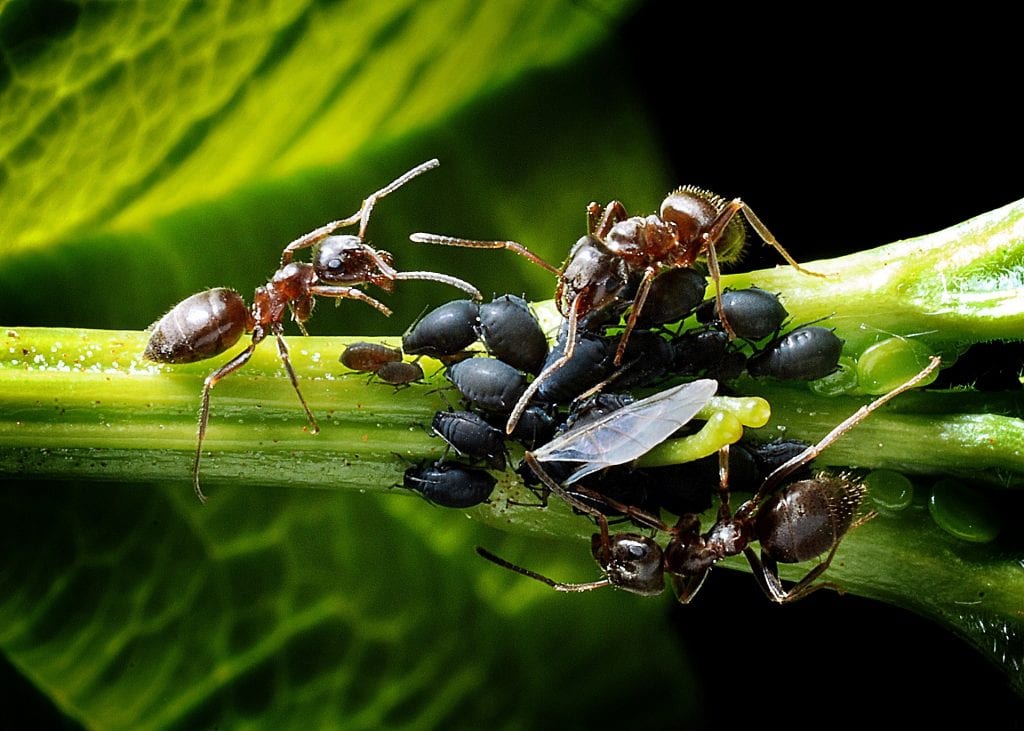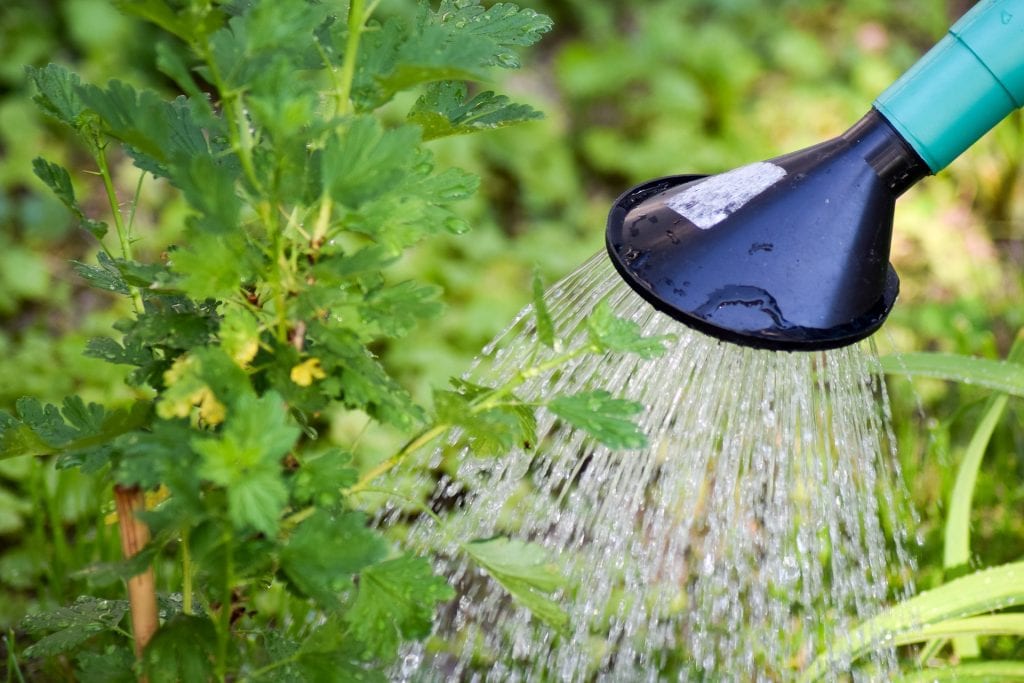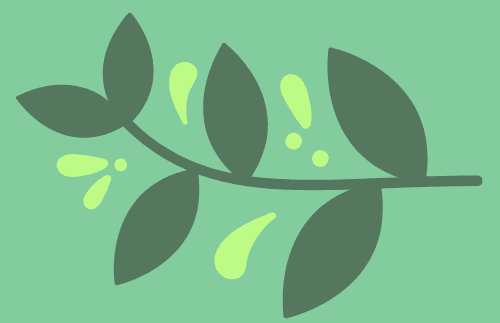Last updated on October 23rd, 2023 at 08:52 pm
In your vegetable patch, you put a lot of effort to raise the crops and get a bountiful harvest. That’s when the sight of ants near the plants might cause astonishment. Are the little ants beneficial or should you chase the creepy-crawlies away as soon as possible?
Learn about the impact of ants in the vegetable patch and why they feel so comfortable there.

Contents
Effects of ants in the vegetable patch
Ants are generally considered pests in the garden. One of the main dangers is that ants get into the house or terrace. There they are in search of food and quite often they infest the pantry. The ants are so small that they can fit through even the smallest cracks and find their way into even the refrigerator. But what about when the ants are in the vegetable patch. Are they considered pests there as well?
The harm of ants
The good news is that ants do no direct damage to the vegetable patch. They do not eat the plants and do not affect the growth. So you don’t have to worry about ants ruining your harvest.

Nevertheless, you should not be quite so careless with the ant in the flower bed. Because the ant has an attractive effect on aphids. Ants feed on the honeydew of the aphid. In turn, the ants provide the aphid with some protection and allows them to stay in the ant hole.
The fact that aphids are harmful to your plants in the bed should not be a secret. They eat the leaves and weaken the immune system. Thus, your efforts may have been in vain and due to the infestation, the work in the bed does not bear fruit.
Other negative aspects of the ant are that it promotes the spread of weeds. In addition, the ant interferes when you work in the bed. An ant bite is not very painful, but in large numbers they are quite annoying. Therefore, wear gloves when you discover the ants, so as not to expose yourself to this danger.
Positive aspects
Ants are not considered exclusively as pests. They also possess positive aspects that come your way in the garden. However, this depends on the type of ant that has found its way into your home.
For example, a beneficial ant is the red forest ant. This eats insect larvae and prevents pests from reproducing. This gives you a natural protection and you do not have to apply insecticides. For the biological balance, this ant species is considered important. However, it is only found near forests and is rarely native to typical gardens.
The yellow path ant is equally useful in the vegetable patch. It raises small mounds and loosens the soil with this work. Care should be taken when these ants are near the terrace. There they cause instability of the floor slabs and a health hazard arises.
How to drive away the ants in the vegetable patch?
If you notice that the ants have taken up residence in your vegetable patch, you should fight them as soon as possible. In most cases, they are simple path ants that attract aphids and spread the weeds. What is the most effective way to control ants without damaging your plants?
Water plants extensively

The nest of ants is often located near the roots. There, the animals feel safe and can use the cavities with simple means.
To protect your plants it is advisable to water them more intensively. They may be somewhat weakened by the ant infestation anyway. With watering you make up for the lost liquid.
At the same time, you provide higher soil moisture. The ants’ tunnels will fill with water and they will seek a new place to settle.
Relocating ants
A simple and animal-friendly method of driving away ants is to relocate them. To do this, take a pot and fill it with wood wool. Put the pot with the opening over the nest.
Now a little patience is needed. After about 2 days the ants should have settled in the pot. Lift the pot slightly and see if there are many ants there. If so, secure the opening with a spade and relocate the ants.
Use unpleasant odors
Ants possess a fine sense of smell. The animals need this to find their way around in search of new food sources. You can use simple scents to impair their senses so that the ants can be driven away. Useful for this are:
- Essential oils
- Chili powder
- Cloves
- Plant liquid manure
You sprinkle these agents either directly over the vegetable patch or the nest. You can also apply it along the ant trail to disturb the ants.
Ant poison
The use of ant poison in ant traps is rarely necessary. You will have the most success if you regularly disturb the nest and do your work in the bed.
Only if you discover ants in the house and they are no longer in the garden, you should resort to the strict methods to effectively combat the ants. Otherwise, there is a risk that aphids will settle in and leave a greater damage.
Prevent a new infestation
It is almost impossible to prevent an infestation of ants in the vegetable patch. After all, you want to raise the plants there and avoid chemical agents as much as possible.
The situation is different if you want to protect your house and terrace. Make sure that the sidewalk tiles are sealed so that the ants can not enter. This way you will keep the weeds out at the same time. Use a special resin-based mortar to protect yourself from the ants.
For the house, the same advice applies that joints on doors and windows should be sealed. Also, make sure not to leave any sweet dishes outside. Without a food source, ants will prefer to stay in the garden, where they leave little damage in their own right.
The ants in the bed
If you are running a flowerbed with a lot of effort, you want to grow the plants there as undisturbed as possible. Ants do not help you in this. They attract aphids and dig into the root system, making it less receptive.
Control the pests with the natural methods presented here and you can eat the yield with a clear conscience. Chemicals or poisons should not be used in the bed. Take action against them early, they will be a nuisance, but they will not be a danger.


